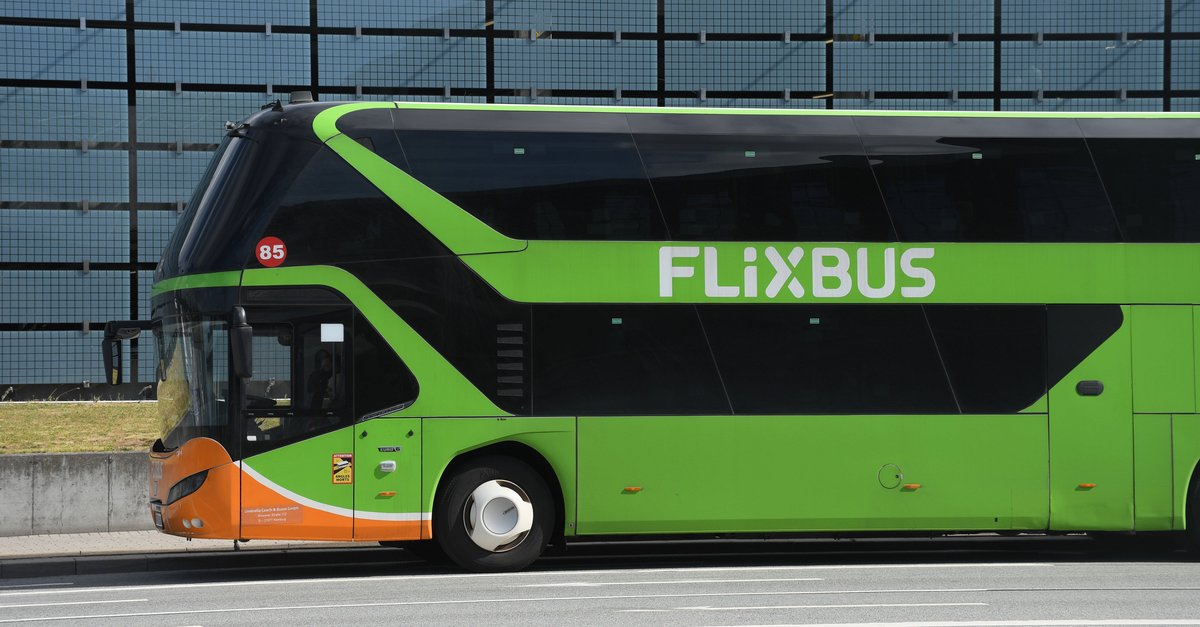9-euro ticket: the downside is becoming increasingly clear
Even if the 9-euro ticket is considered a success, there are downsides. Now the industry association of private bus companies has issued a warning: the sales of Flixbus and Co. have plummeted – and one would like to have a say in a possible successor to the 9-euro ticket.

Because of the 9-euro ticket: bus companies sound the alarm
Pay nine euros, travel by bus and train throughout Germany: the 9-euro ticket is cheap, fairly unbureaucratic and so far a great success with passengers. Although buses and trains are sometimes jam-packed, at least some travelers can overlook this because of the low price of the ticket. But the temporary subsidy for local public transport also causes problems.
The industry association of private bus companies has asked its members about passenger numbers. According to their own statements, Flixbus and Co. are in June significantly fewer passengers entered. It is said that more than 70 percent of the companies surveyed are said to have lost more than 60 percent.
According to the industry association, it should not be the goal of a “cheap public transport ticket financed by taxpayers” to promote “environmentally friendly means of transport” take each other’s passengers away. Rather, the common goal is to successfully promote climate protection and the turnaround in traffic.
The industry association is calling for a possible successor to the 9-euro ticket inclusion of own interests. The current losses in passenger numbers could be “neither intended nor desired by politicians” (source: mirror).
Everything you need to know about the 9-euro ticket:
9-euro ticket: What’s next?
It is currently still unclear whether there will be a successor regulation for the 9-euro ticket. As of now, the subsidy is ongoing out at the end of August. Several transport associations are currently pushing for a quick solution. Federal Chancellor Olaf Scholz, Finance Minister Christian Lindner and other top politicians are critical of a seamless continuation.


